53 F. high in the Twin Cities Tuesday.
48 F. average high on November 4.
49 F. high on November 4, 2013.
The S-Word
This
winter I'm predicting...snow! I expect it to be cold, crystalline,
slushy at times, slippery to the touch; a flaky-white appearance due to
scattering of light. The mere risk of snow will cause some people to
make irrational decisions; commutes mangled, tempers tested.
The
looming threat of frozen water accumulating on our streets will lead the
news. Will there be school? How many inches in my yard?
Why is "weather expert" an oxymoron?
Here
we go again: a nuisance snow is possible tonight, mainly north of the
Twin Cities, where a little slush is possible. Ground temperatures are
still mild, limiting how much snow can pile up in the short term. I
don't expect any major travel problems through the weekend as the
mercury begins to droop; each successive clipper pulling progressively
colder air into Minnesota & Wisconsin.
It's early and
confidence levels are still shockingly low, but the ECMWF is hinting at a
more substantial storm with rain changing to snow Monday; accumulating
snow tapering Tuesday morning as a storm takes a southerly track.
Here's my semi-educated hunch: our weather honeymoon is coming to an end. Next week may feel like late December.
Not. Ready. Yet.
* map above shows ECMWF guidance, valid next Monday night, November 10, courtesy of WSI.
Growing Chance of Snow Accumulation Early Next Week.
Models show a growing potential for a light accumulation of snow next
Monday into Tuesday morning; the ECMWF (European) looks even more
impressive with a potential for a few inches of slushy snow. But it's
early - there is much that can and will change between now and Monday.
Zombie Storms Cause Mayhem Long After They Drop Off Maps. Here's the intro to a story at
Bloomberg Businessweek: "
A
hurricane may lose its name, its structure and even its place on
National Hurricane Center tracking maps. None of that is a guarantee the
storm’s meteorological energy won’t keep making mischief. While
still-dangerous storm remnants -- let’s call them zombie storms -- are
more common in the North Atlantic, a rarer Pacific example of this is
occurring as former Hurricane Ana lends its strength to a system that’s
forecast to lash the coast from British Columbia to Washington with high
winds and heavy rain..."
Image credit above: "
Satellite image of Tropical Storm Ana on Oct. 14, 2014." Photograph: NASA
Bill Bellichick Is Badly Misinformed About Weather Forecasters.
Everyone's a critic - but some are more vocal (and public) than others.
I guess there's a little difference of opinion about the reliability of
game-time weather forecasts for the Patriots. The coach is not a fan of
local weather "guessers". Here's a clip from
Capital Weather Gang: "...
Here are Belichick’s comments, courtesy the Early Lead blog (which obtained these via Boston’s CBS affiliate):
I’m just telling you — if I did my job the way they do theirs, I’d be
here about a week. Based on the forecasts we’ve gotten so far this year,
none of them have been close to what game conditions were. There was
100 percent chance of rain last week, and the only water I saw was on
the Gatorade table. It is what it is. My experience going with the
forecast in this area, two days before the game, I’d bet a lot that
they’re wrong — just based on history, because they’re almost always
wrong..."
Waterspout Wows Tel Aviv Waterfront. The Times of Israel has the story here. Photo credit: "
Appearing
similar to a hurricane, the waterspout confused onlookers in Tel Aviv
who snapped out their cameras to document the event, November 3, 2014." (photo credit: YouTube screen capture/Nadel Hassanain).
The Essence of Evil.
Evil = Dehumanization. And we've been doing it for millenia. Because
everyone needs a good scapegoat to rationalize their deep-seated
insecurities, inadequacies and failures. It's amazing what "ordinary
people" are capable of. Here's a clip from a thoughtful and troubling
story at
Aeon: "...
What
is the common element in all these stories? It is, of course, the
phenomenon of dehumanisation. But this is neither recent nor peculiar to
Western civilisation. We find it in the writings from the ancient
civilisations of Egypt, Mesopotamia, Greece and China, and in indigenous
cultures all over the planet. At all these times and in all these
places, it has promoted violence and oppression. And so it would seem to
be a matter of considerable urgency to understand exactly what goes on
when people dehumanise one another. Yet we still know remarkably little
about it..."
The Health Benefit of Alcohol for Older Americans.
Let me get this straight: milk - bad, booze - good? I'm so confused.
Here's an excerpt from a story (with all necessary caveats) at
PBS Next Avenue: "...
It's no secret that alcohol abuse can cause a variety of health problems,
including damage to the liver. However, a new study shows that light to
moderate consumption of alcohol is associated with better memory among
people age 60 and older. Researchers from the University of Texas
Medical Branch at Galveston, University of Kentucky and University of
Maryland found that amount of alcohol consumption was associated with
better performance on tests of episodic memory among people in this age
group..."
How Insects Could Feed The World. Here's a worthy story which should be read in its entirety. Preferably not before lunch.
The Guardian has the post; here's a clip: "...
Insects
are full of protein and rich in essential micronutrients, such as iron
and zinc. They don’t need as much space as livestock, emit less
greenhouse gases, and have a sky-high feed conversion rate: a single
kilo of feed yields 12 times more edible cricket protein than beef
protein. Some species of insects are drought resistant and may require
less water than cows, pigs or poultry. Insect meal could also replace
some of the expensive ingredients, such as soybeans and fishmeal, that
are fed to farm animals, potentially lowering the cost of livestock
products and freeing up feed crops for human consumption..."
TODAY: Early sun, PM showers. Winds: SE 10. High: near 50
WEDNESDAY NIGHT: Showers end as a little wet snow up north. Low: 31
THURSDAY: Clearing, cool breeze. High: 44
FRIDAY: Mostly cloudy, few rain showers later in the day. Wake-up: 29. High: 46
SATURDAY: Mostly cloudy, cold & gusty. A few passing flurries possible. Wake-up: 35. High: 38
SUNDAY: Some sun, still chilly. Wake-up: 27. High: 39
MONDAY: Cold rain changes to snow. Wake-up: 36. High: 41
TUESDAY: Wet snow slowly tapers. Some accumulation possible. Wake-up: 29. High: 34
Climate Stories...
IPCC Scientists Emphasis Immorality of Inaction By Focusing on "Irreversible Impacts". Here's the intro to a story at
Think Progress: "
What
is the biggest change in the new climate report by the world’s top
scientists and governments compared to the one they released back in
2007? It can be summed up in one word: “Irreversible.” In the 2007
assessment of climate science by the U.N. Intergovernmental Panel on
Climate Change (IPCC), that word appeared only 4 times in the final, full “synthesis” report. Irreversibility only received 2 mentions and minimal discussion in the Summary for Policymakers (SPM). Seven years later, the word appears 31 times in the full synthesis report of the IPCC’s fifth assessment..."
29 Bullets Tell All About Climate Change.
Scientific American has a summary of the latest IPCC synthesis report for people in a big hurry; here's an excerpt: "...
Although the report’s authors try to give a condensed snapshot of the most important data
and recommendations, the document still clocks in at 116 pages. I will
attempt, here, to capture what you need to know most, in 29 bullets.
Forgive the staccato.
Climate changes:
- The atmosphere is getting hotter.
- The oceans are getting much hotter, and much more acidic.
Causes:
- CO2 emissions are by far the largest cause of global warming and ocean acidification, and they are rising.
- Methane emissions are the second largest cause of warming, and they are rising..."
The IPCC's Terrifying Understatement: Drastic Action Needed To Avoid Climate Catastrophe. Here's a clip from
Salon: "...
That
should all be enough to convince you this is serious business. If it
hasn’t, consider that the IPCC is likely understating its case — some
say dramatically. A hard-won consensus negotiated by hundreds of
international scientists is almost inherently conservative. And there’s
reason to believe the group is motivated to play down its findings: one
recent study
found that it’s more interested in avoiding false positives — thus
getting slammed for wrongly predicting a catastrophe that never comes to
pass — than false negatives, in which, out of an abundance of caution,
they fail to sound the alarm on something..."
Why Two Crucial Pages Were Left Out Of The Latest U.N. Climate Report. Chris Mooney has the story at
The Washington Post.
6 Ways You Can Help Stop Climate Change.
Reducing your carbon footprint is a smart move, but I still believe the
most important thing you can do is vote for politicians who still have a
respect for peer-reviewed science. Science trumps politics and
ideology. Here's an excerpt of an Op-Ed at
The Guardian: "...
Yes, that’s right, just talk. Over the past few years we’ve talked less and less about this subject, according to the Climate Outreach and Information Network (Coin),
and as a result we’re all underestimating the amount of support there
is out there for climate change policies. “Most people think that about
half the population is opposed to renewables, for example,” says Adam
Corner of Coin. “In fact about 70-80% are in favour. If we start having
conversations about this we can really build up a bedrock of support for
this subject...”
Global Warming Takes A Bite Out Of Colorado Ski Season.
The Colorado Independent has an article that caught my eye; here's an excerpt: "...
The economic costs were quantified in 2012 during a West-wide drought by two University of New Hampshire
researchers who estimated that the $12.2 billion national ski industry
took a $1 billion hit, including 27,000 lost jobs due to climate change.
“In the many U.S. states that rely on winter tourism, climate change is
expected to contribute to warmer winters, reduced snowfall, and shorter
snow seasons,” UNH researcher Elizabeth Burakowski said when the report
was released. “This spells significant economic uncertainty for a
winter sports industry deeply dependent upon predictable, heavy snowfall...”
Bad Energy. Good Energy. Choose Your Side. Here's an article with some interesting perspective from
Bloomberg View: "...
There
are two potential energy sources that could let us escape the zero-sum
world. The first is fusion energy. The second is solar energy. Fusion,
the ultimate energy solution, has long been a pipe dream, but
researchers continue to push ahead with new ideas. Lockheed Martin has announced breakthroughs in compact fusion reactors, and startups such as Helion Energy and General Fusion are attracting attention and money..."
Ice Cover Trends in the Great Lakes. Earth Guage looks at the trends over time; here's an excerpt: "
You
may remember that the Great Lakes had near-record ice cover this year,
with ice remnants present until early June! Ninety one (91) percent of
the Great Lakes were covered in ice in 2013/14, making it the second
largest coverage on record. The largest record ice coverage was 94.7
percent, reported in 1979. Ice cover in the Great Lakes can be an
indicator of the impacts of climate change in the region. What do we
know about ice cover trends in the Great Lakes and other freshwater
lakes?..."
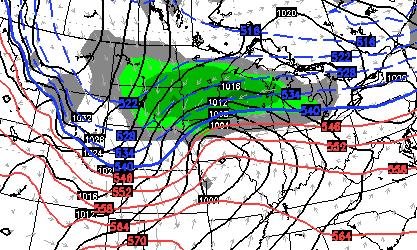
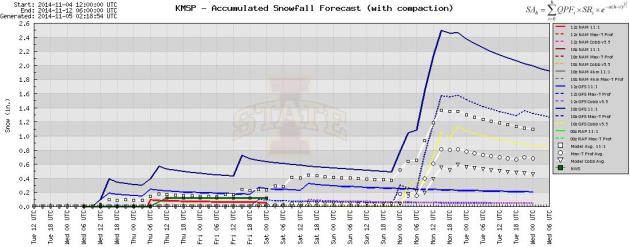
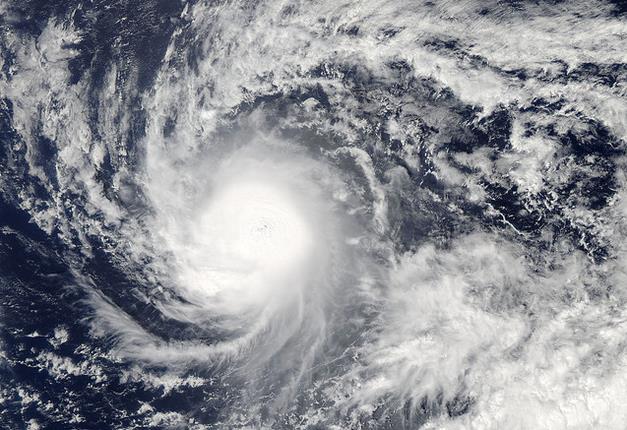
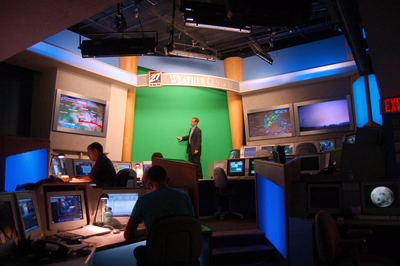
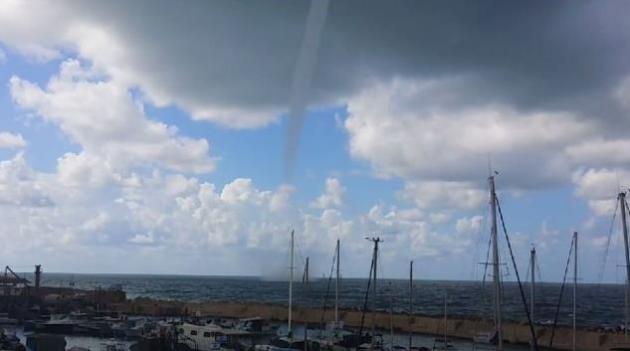
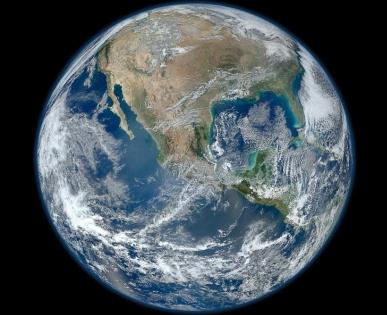
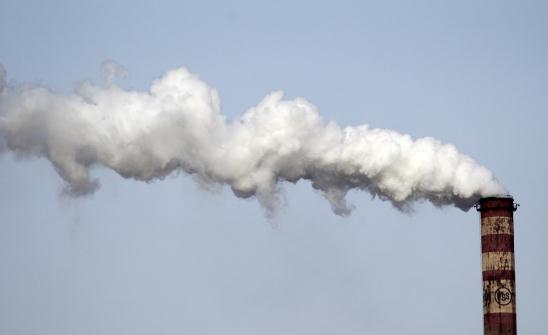
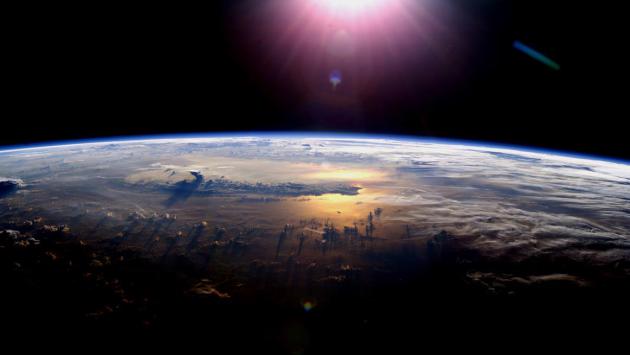
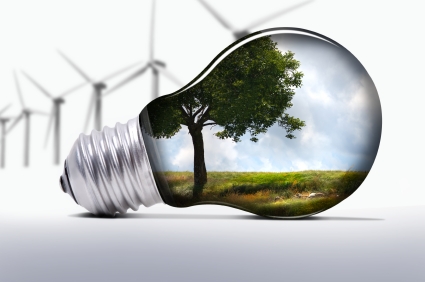

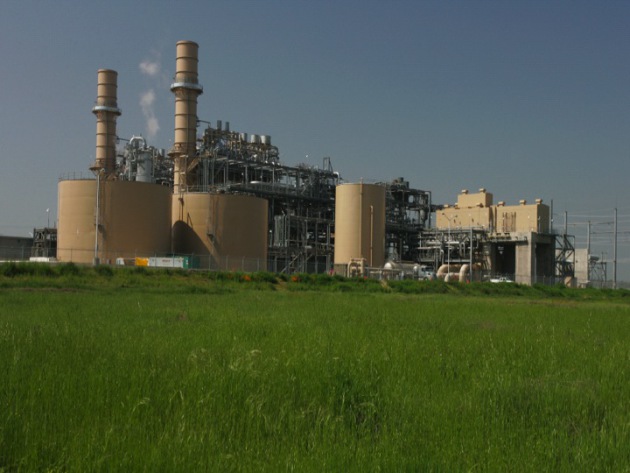
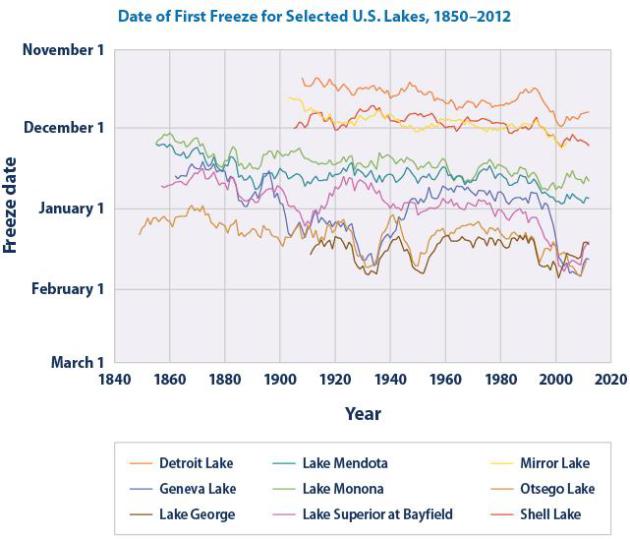
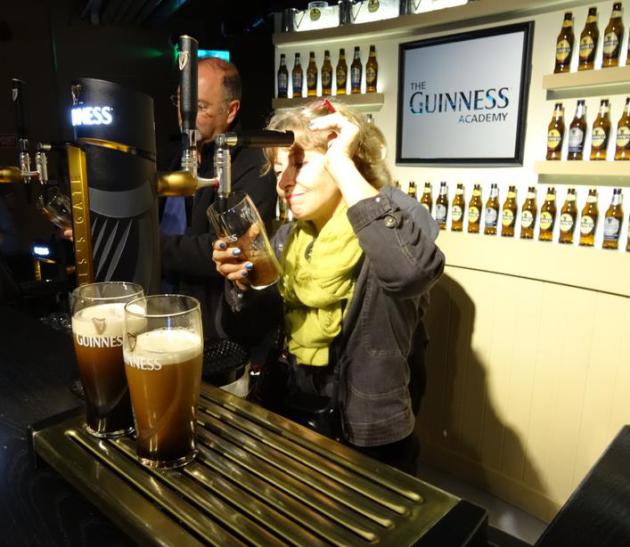
No comments:
Post a Comment